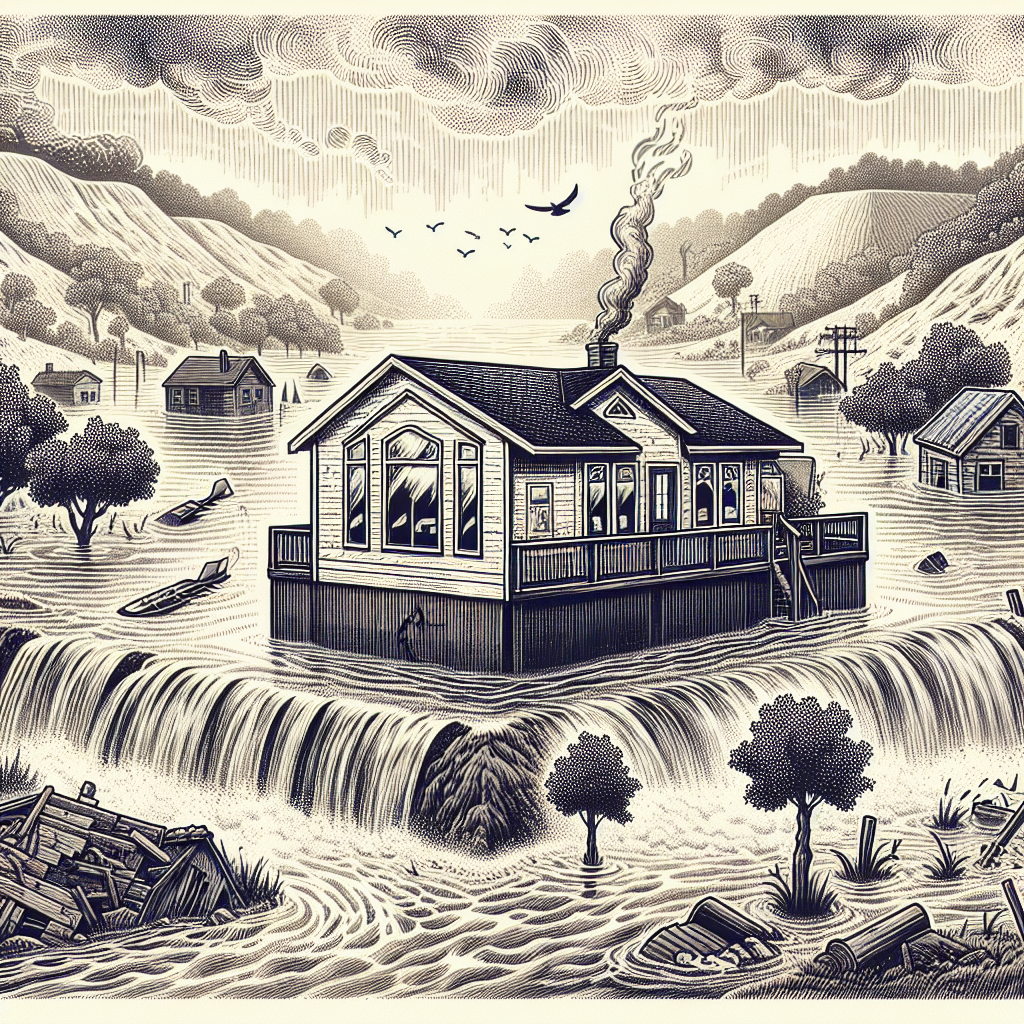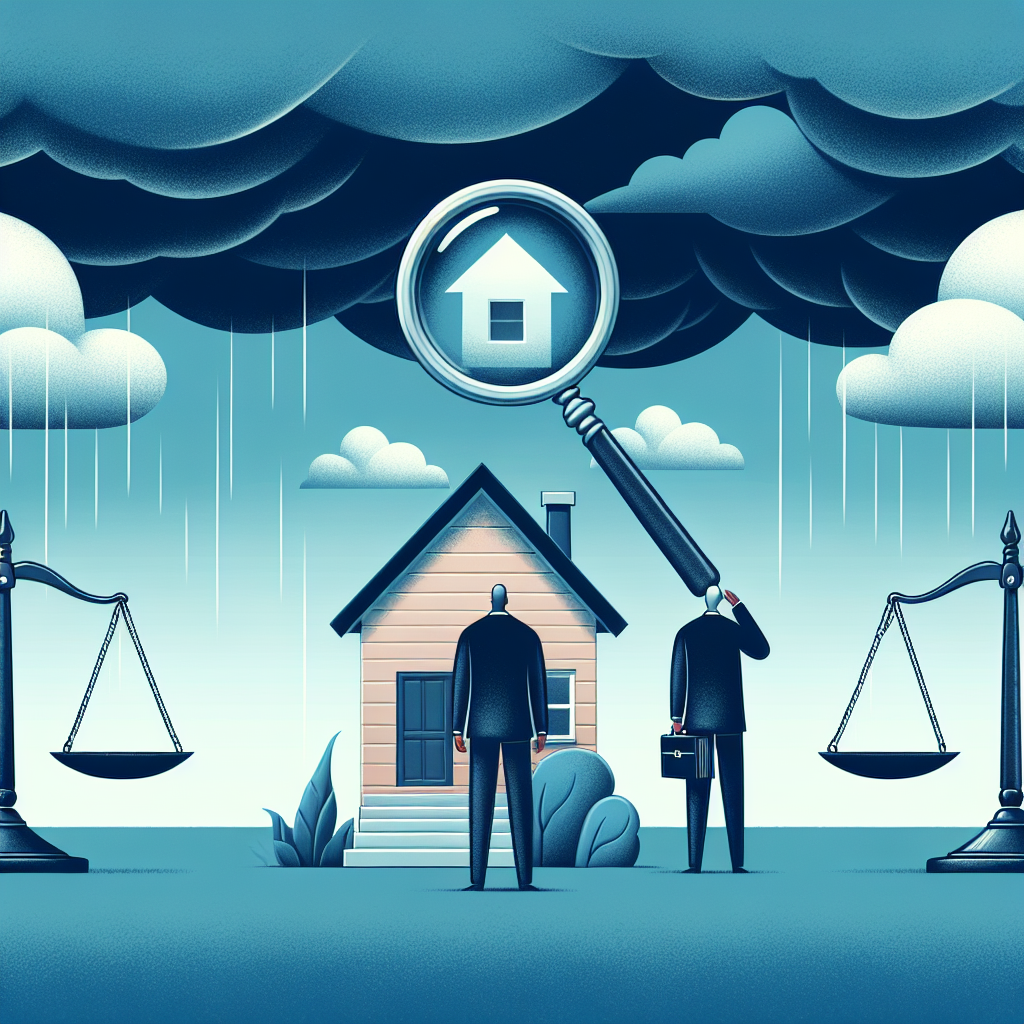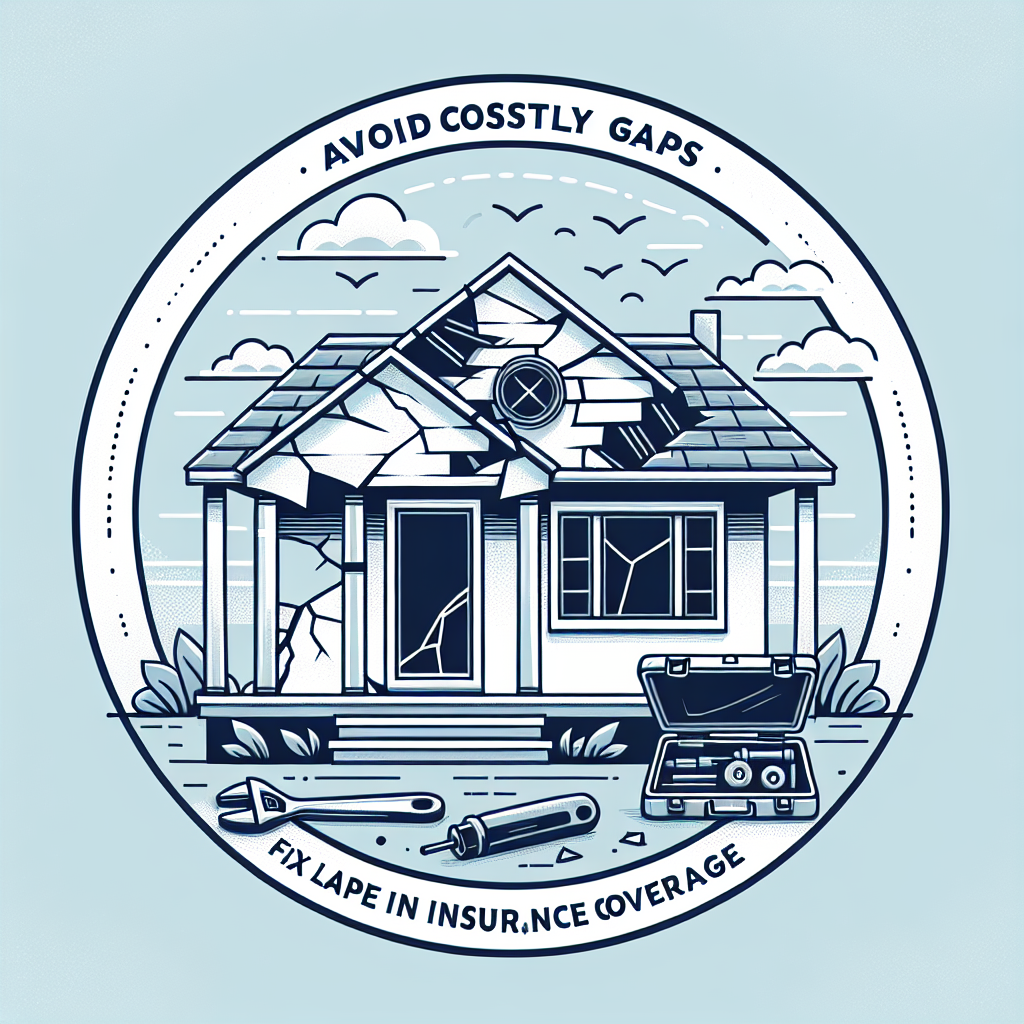Filed under Home Insurance on
Flood Insurance: Protecting Your Manufactured Home

Flooding can be an unexpected and costly natural disaster. For owners of manufactured homes, the impact can be even more significant. Understanding the nature of flood insurance and how it protects your valuable assets is crucial for securing your future. In this comprehensive guide, we delve into the importance of flood insurance for manufactured homes, shedding light on why it matters and how to choose the right coverage for your needs.
Understanding the Importance of Flood Insurance
Manufactured homes are uniquely vulnerable to the whims of extreme weather. Unlike traditional homes, they are often situated in low-lying areas that are prone to flooding. This makes flood insurance an essential safety net.
Flood insurance isn't just a recommendation; in certain regions, it's a legal requirement. Having a robust flood insurance policy can mean the difference between a minor inconvenience and a financial catastrophe. With the right coverage, you'll be better prepared to face the aftermath of a flood, knowing that your home and belongings are protected.
What Does Flood Insurance Cover?
Flood insurance primarily safeguards the structure of your manufactured home and its contents. Policies usually cover:
- Structural components: The foundation, walls, electrical systems, plumbing, and HVAC units are typically included.
- Contents inside the home: Furniture, appliances, personal belongings, and other items may also be covered.
- Other damages: Some policies may cover debris removal and certain costs associated with preventing additional damage.
It's important to note that flood insurance does not cover damage caused by moisture, mold, or mildew that could have been avoided by the homeowner’s action. Reviewing policy details with an insurance expert will ensure that you understand the limitations and exclusions specific to your coverage.
How to Choose the Right Flood Insurance Policy
Selecting the right flood insurance for your manufactured home involves considering several factors:
1. Assess Your Flood Risk
Begin by understanding the flood risk in your area. FEMA's Flood Map Service Center is a valuable resource. By identifying your flood zone, you'll have a better understanding of your vulnerability and the level of coverage you need.
2. Compare Policies and Providers
Not all flood insurance policies are created equal. Shop around to compare different providers. Look at premiums, coverage limits, deductibles, and customer reviews. You might also want to explore policies offered by private insurers as well as those under the National Flood Insurance Program (NFIP).
3. Consider Additional Coverage
Standard policies may not cover all types of flood-related damage. Depending on your location and the specifics of your home, you might need additional coverage options. These could include coverage for basement improvements or the replacement cost of personal property.
4. Consult an Insurance Expert
For tailored advice, speak with an insurance advisor who specializes in flood coverage for manufactured homes. They can guide you towards the policy that best matches your needs and ensures comprehensive protection for your home.
Industry Trends Affecting Flood Insurance
Keeping abreast of industry trends is vital for making informed decisions about flood insurance. Climate change, for instance, is increasing the incidence and severity of flood events. This has led to rising insurance premiums and changes in policy structures.
In response, some insurers are offering innovative solutions such as parametric insurance, which pays out upon the occurrence of specific conditions rather than damage evaluation. Staying informed about such changes can help you adopt better strategies to safeguard your manufactured home.
Expert Opinions on Flood Insurance
Experts emphasize the necessity of flood insurance for manufactured homes. According to a recent expert panel at the National Association of Insurance Commissioners, securing a specialized flood insurance policy is one of the most effective risk management strategies for homeowners.
Moreover, professionals highlight the importance of regular policy reviews. As flood maps are updated and new developments occur, re-evaluating your policy ensures that your coverage keeps pace with changing risks.
The Cost of Flood Insurance
The cost of flood insurance varies depending on numerous factors, including your home's location, the chosen level of coverage, and the insurer. On average, insurance premiums tend to be higher in regions with high flood risk. However, it's crucial to weigh this cost against the potential financial losses associated with flood damage.
Many homeowners misunderstand the value of investing in flood insurance, seeing it only as an expense. However, when faced with the devastating aftermath of a flood, the protection offered by insurance can prove to be a financial lifesaver.
Steps to Take After a Flood
If a flood affects your manufactured home, taking immediate action is vital:
- Ensure Safety: Confirm that your home is safe to enter. Be cautious of potential hazards, such as electrical shorts or unstable flooring.
- Document Damage: Photographs and detailed notes on the damage will be necessary for your insurance claim.
- Notify Your Insurer: Contact your flood insurance provider as soon as possible to file a claim. They will guide you through the specific steps you need to follow.
- Minimize Further Damage: Take reasonable steps to mitigate additional damage, such as boarding up broken windows or covering roof holes.
Conclusion: A Proactive Approach to Flood Protection
Flood insurance for manufactured homes is more than just a policy; it's a critical measure for ensuring peace of mind and financial protection. By understanding your flood risk, staying informed about industry trends, and choosing the right coverage, you can shield your home from the unpredictable ravages of flooding.
Don't wait for disaster to strike. Proactively securing flood insurance can provide the security and stability you need to navigate the challenges ahead, ensuring your manufactured home's longevity and protecting your investment for years to come.




